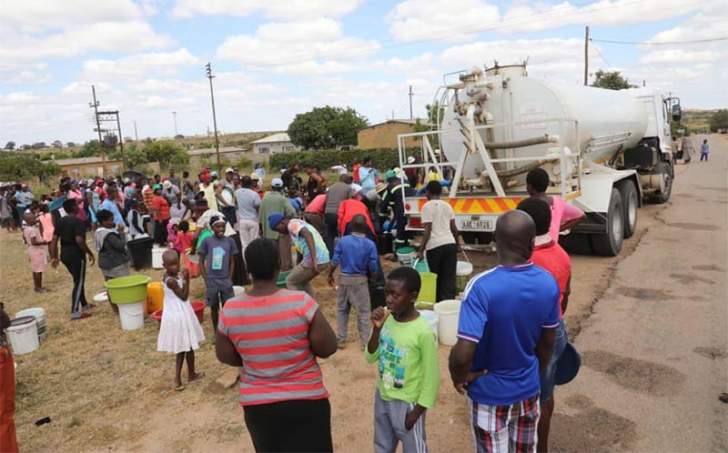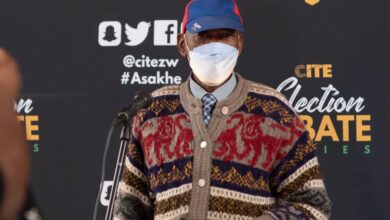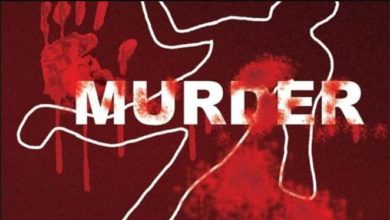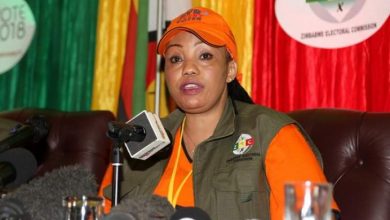PWDs call for inclusive service delivery

People with disabilities (PWDs) have called for inclusive approaches to service delivery, as inaccessibility opens avenues for serious rights violations for the community, particularly sexual abuse.
This was raised during a discussion on the challenges faced by PWDs in accessing services on This Morning on Asakhe.
PWDs highlighted challenges in healthcare, education, access to water, transportation, and other services.
Speaking during the discussion, disability activist Tsepang Nare said there is a need for awareness of issues concerning PWDs in healthcare services.
“Challenges associated with healthcare are awareness and disability. It’s important for healthcare personnel to be aware of issues concerning PWDs. With awareness, you realise that some basic things, like how to approach and relate to a patient with a disability, and the appropriate terminology to use, are crucial. Imagine being ill and addressed in an inappropriate and demeaning way. Obviously, you might think, ‘I’m about to die. Why am I being treated this way?'”
Nare emphasised the importance of how people relate to PWDs.
“The second challenge is communication, particularly for deaf people, especially women in labour,” he said.
He added that resource limitations and high healthcare costs pose further challenges.
“Access to healthcare in Zimbabwe is expensive,” he said. “While the government has intervened through the assisted medical treatment order, this facility only helps someone see a doctor and consult with them. However, medications within these institutions are often out of stock. So even if you see a doctor and get diagnosed, if you don’t have money, you haven’t received treatment. You’ve simply been diagnosed and told what’s wrong, but cannot get medication because it’s expensive.”
Nare also highlighted the challenges faced by people with albinism due to the current heatwaves.
“People with albinism are significantly affected by the current heatwaves,” he said. “Sunburns can quickly develop into skin cancer, and cancer treatment is expensive in Zimbabwe and worldwide. We haven’t seen targeted interventions for people with albinism and their stories are quite sad. While some champions are doing a stellar job raising awareness about the plight of people with albinism, there is absolutely nothing being done by the government concerning people with albinism who are affected by skin cancer.”
Regarding transportation, Nare pointed out accessibility issues.
“It’s not accessible for someone using a wheelchair like myself or someone using crutches. There are steps, and they would have to be lifted, which can lead to sexual harassment, regardless of gender,” he said.
Nare called for local authorities to take proactive stances and adopt the smart and inclusive cities concept, implementing and enforcing relevant bylaws.
“Many of our restaurants and other buildings in the city are not inclusive,” he said.
Sukoluhle Mhlanga spoke about the challenges of accessing water for PWDs in Bulawayo.
“As women with disabilities, we’re not always with our assistants,” she said. “Some of us live independently, so access to water becomes a challenge, especially for mothers with children with disabilities. We have mothers facing challenges when it comes to water. We have some PWDs who use diapers, so it’s truly challenging.”
Mhlanga also advocated for disability-friendly water kiosks in some parts of the wards.
“However, with the current water crisis, people just rush there,” she said.
Mhlanga also called for inclusive education and disability mainstreaming in schools.
“We no longer want the situation where PWDs are only directed to King George because it’s a special school,” she said. “We are now calling for inclusive education.”






